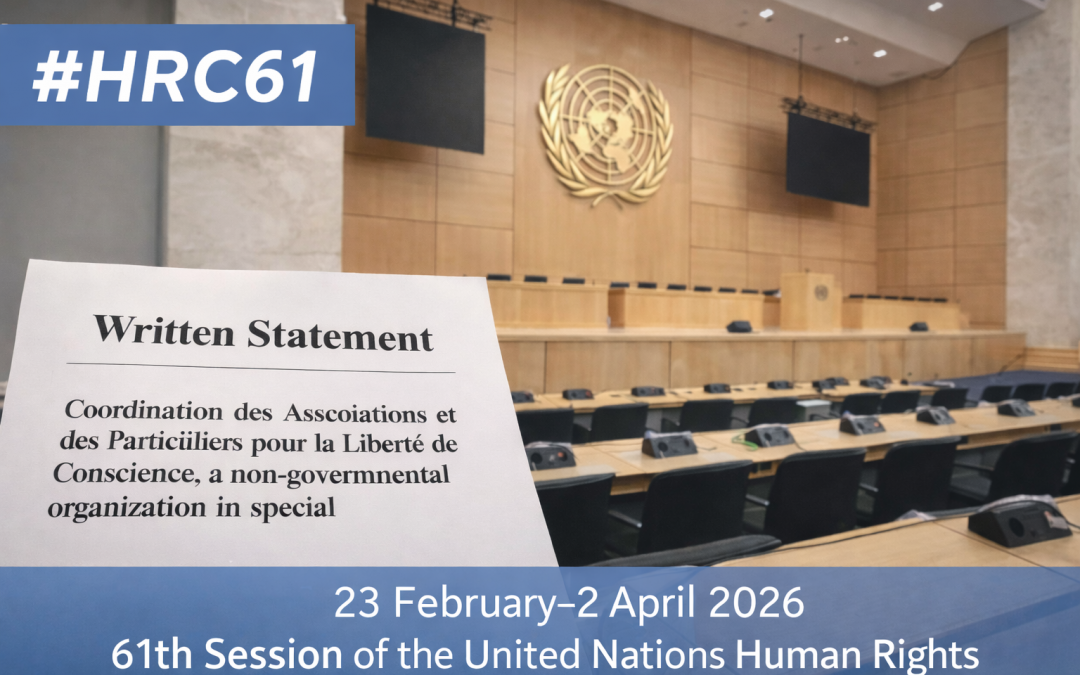
by CAP Liberté de Conscience | Feb 22, 2026 | HRC 61, news
Human Right Without Frontiers, International Support for Human Rights and CAP Liberté de Conscience has submitted a joint written statement to the Human Rights Council at its sixty-first session addressing the grave and systematic violations of freedom of religion or belief perpetrated against members of the Ahmadi Religion of Peace and Light (AROPL) in Egypt. Since March 2025, Egyptian authorities have detained numerous peaceful adherents of this religious minority solely for expressing their beliefs and possessing religious materials, subjecting them to arbitrary arrest, enforced disappearance lasting over a month, torture, and prolonged pre-trial detention exceeding ten months without trial. The statement documents severe violations including electric shocks, beatings, denial of legal counsel, inhumane prison conditions, and crucially, organized religious coercion through visits by Al-Azhar-affiliated sheikhs explicitly aimed at forcing detainees to renounce their faith. CAP Liberté de Conscience calls upon the Egyptian Government to immediately and unconditionally release all detained AROPL members, investigate torture and enforced disappearances by security forces, end the misuse of pre-trial detention, guarantee fair-trial rights and access to legal representation, and cease all forms of religious coercion in violation of Egypt’s international human rights obligations.
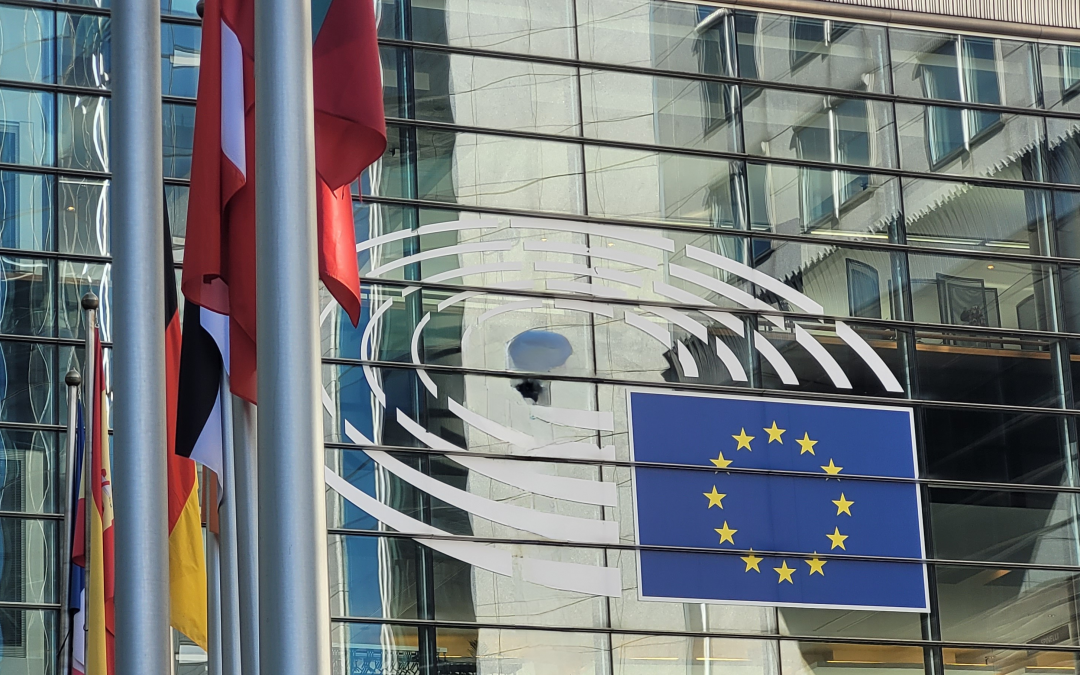
by CAP Liberté de Conscience | Feb 13, 2026 | EU Parliament, news
On 12 February 2026, the European Parliament adopted Resolution P10_TA(2026)0046 addressing systemic oppression, inhumane conditions and arbitrary detentions by the Iranian regime. This text represents the institution’s continued engagement with human rights violations in Iran, building upon multiple prior parliamentary resolutions on the country. The resolution was adopted under emergency procedures (Rule 150(5) and 136(4)), underscoring the urgency with which the Parliament views the situation.
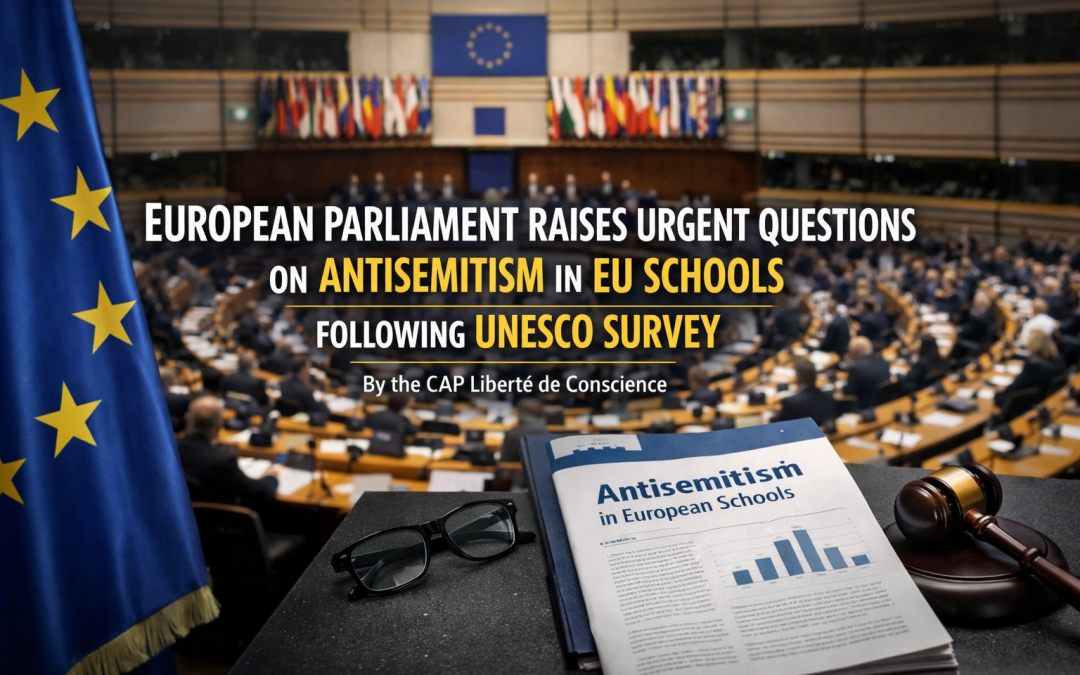
by CAP Liberté de Conscience | Feb 13, 2026 | CAP LC Europe, EU Parliament, news
On 30 January 2026, a cross-party group of eighteen European Parliament members submitted a written question to the European Commission regarding alarming findings in a UNESCO report on antisemitism in European Union educational institutions. The initiative, led by MEPs from multiple political groups—including the European Conservatives and Reformists, Renewists, and the Patriotic Europe faction—signals growing parliamentary concern over documented prevalence of antisemitic incidents within classrooms across the bloc.
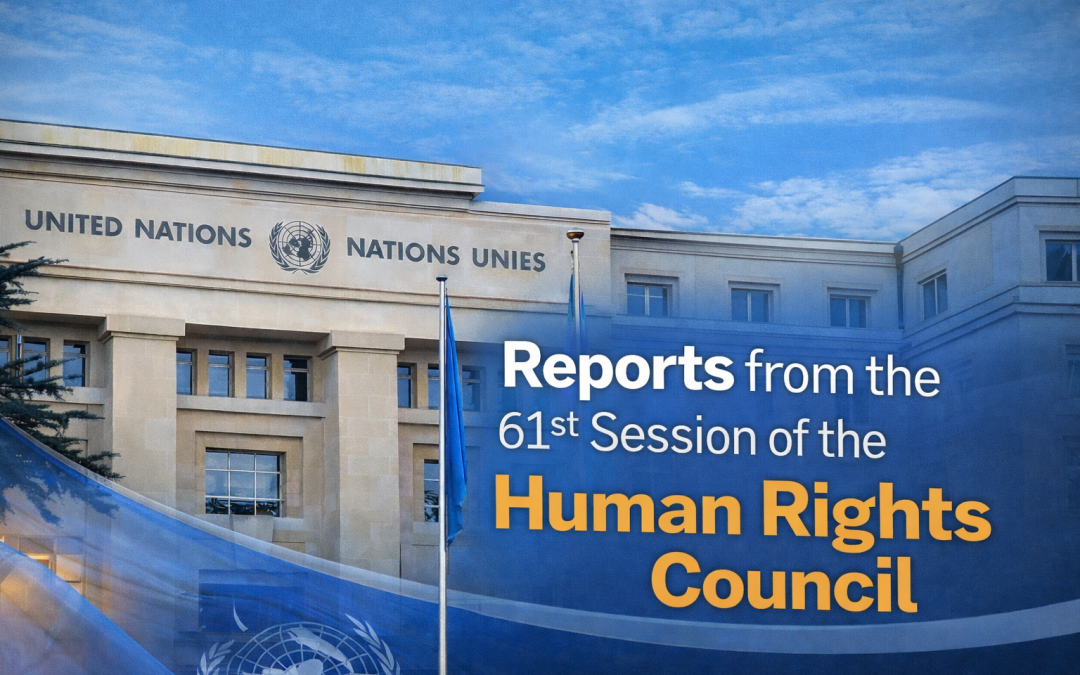
by CAP Liberté de Conscience | Feb 13, 2026 | HRC 61, news
The Office of the United Nations High Commissioner for Human Rights (OHCHR) published a comprehensive report (A/HRC/61/24) on 13 January 2026, presenting an assessment of the human rights situation across Sudan. The document covers the period from 16 November 2024 to 15 November 2025 and was submitted to the Human Rights Council at its sixty-first session, responding to Council resolution 57/2.

by CAP Liberté de Conscience | Feb 12, 2026 | HRC 61, news
At the 61st session of the United Nations Human Rights Council, CAP Liberté de Conscience submitted a written statement highlighting the catastrophic human rights situation in Sudan and the urgent need for extended accountability. The submission documents heinous crimes committed by the Rapid Support Forces (RSF), including summary executions, sexual violence, and mass killings in areas like El Fasher and the Zamzam camp, while noting the RSF’s systematic attempts to destroy evidence. CAP LC emphasizes the necessity of extending the UN Security Council’s ICC referral beyond Darfur to cover all regions of Sudan, ensuring justice for crimes against humanity nationwide. Additionally, the statement exposes the critical role of foreign actors, particularly the United Arab Emirates, in supplying weapons that sustain the RSF’s operations. Consequently, CAP LC calls on Member States to cease arms transfers to the RSF, condemn the UAE’s involvement, impose sanctions on perpetrators and enablers, and support international mechanisms for evidence preservation and accountability.

by CAP Liberté de Conscience | Feb 12, 2026 | HRC 61, news
At the 61st session of the United Nations Human Rights Council, CAP Liberté de Conscience submitted a written statement raising serious concerns over the threatened dissolution of the Shincheonji Church and other minority religious organizations in the Republic of Korea. The document condemns efforts by President Lee Jae Myung to disband groups labeled as “pseudo-religions,” arguing that such state actions violate Article 18 of the ICCPR by allowing the government to act as a theological arbiter. CAP LC challenges the cited Japanese precedent, noting UN Special Rapporteurs’ criticism of dissolution orders based on vague concepts of “public welfare.” The statement further refutes claims of “enormous damage,” highlighting the Supreme Court’s acquittal of Shincheonji regarding COVID-19 allegations and the lack of coercive elements in its past evangelism methods. Consequently, CAP LC urges the Korean authorities to respect freedom of religion or belief and cease discriminatory campaigns driven by religious intolerance.
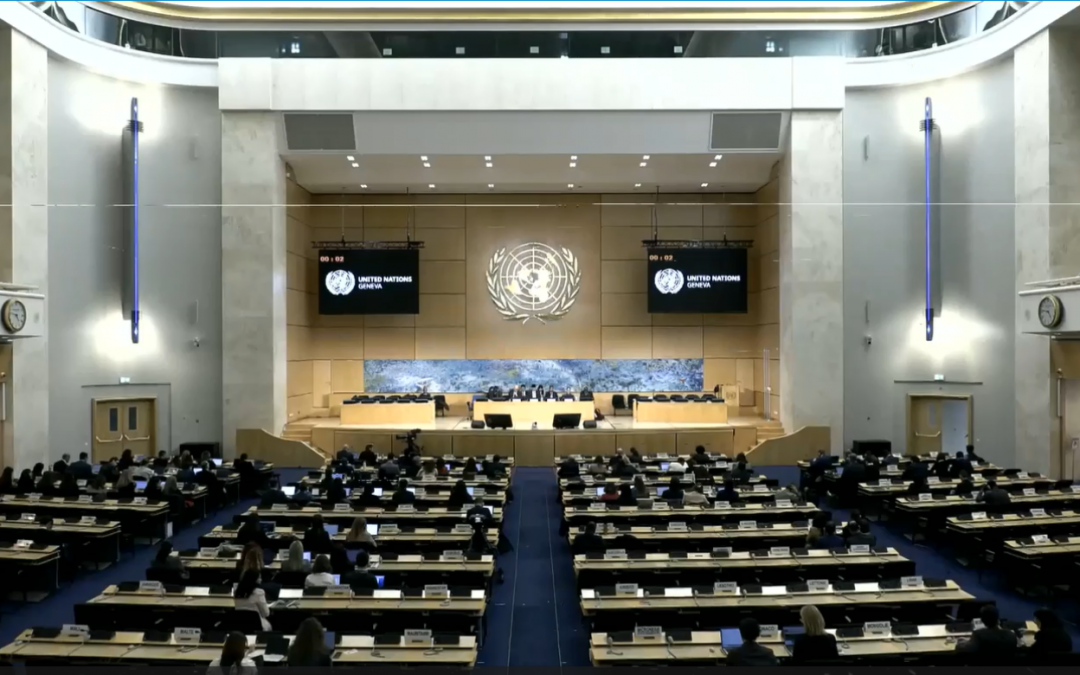
by CAP Liberté de Conscience | Feb 10, 2026 | CAP LC United Nations, news
Survivors of the attacks in El Fasher report mass atrocities and killings committed by the Rapid Support Forces after a year and a half of siege under horrific conditions, with no access to basic necessities. Civilians who fled describe widespread violence, including torture, kidnappings for ransom, sexual violence, disproportionately affecting women and girls, and summary executions as they attempted to escape. More than 1,000 days into the conflict, atrocities persist, and large-scale attacks are becoming a recurring pattern. Immediate and collective action is required to cease these crimes and prevent similar atrocities in other regions of Sudan.

by CAP Liberté de Conscience | Feb 8, 2026 | HRC 61, news
The report “How freedom of religion or belief relates to death and honouring the deceased” (A/HRC/61/50) was published on 7 January 2026 by the United Nations Human Rights Council. The document was authored by Nazila Ghanea, UN Special Rapporteur on freedom of religion or belief, and submitted to the Council’s sixty-first session pursuant to resolution 58/5.







